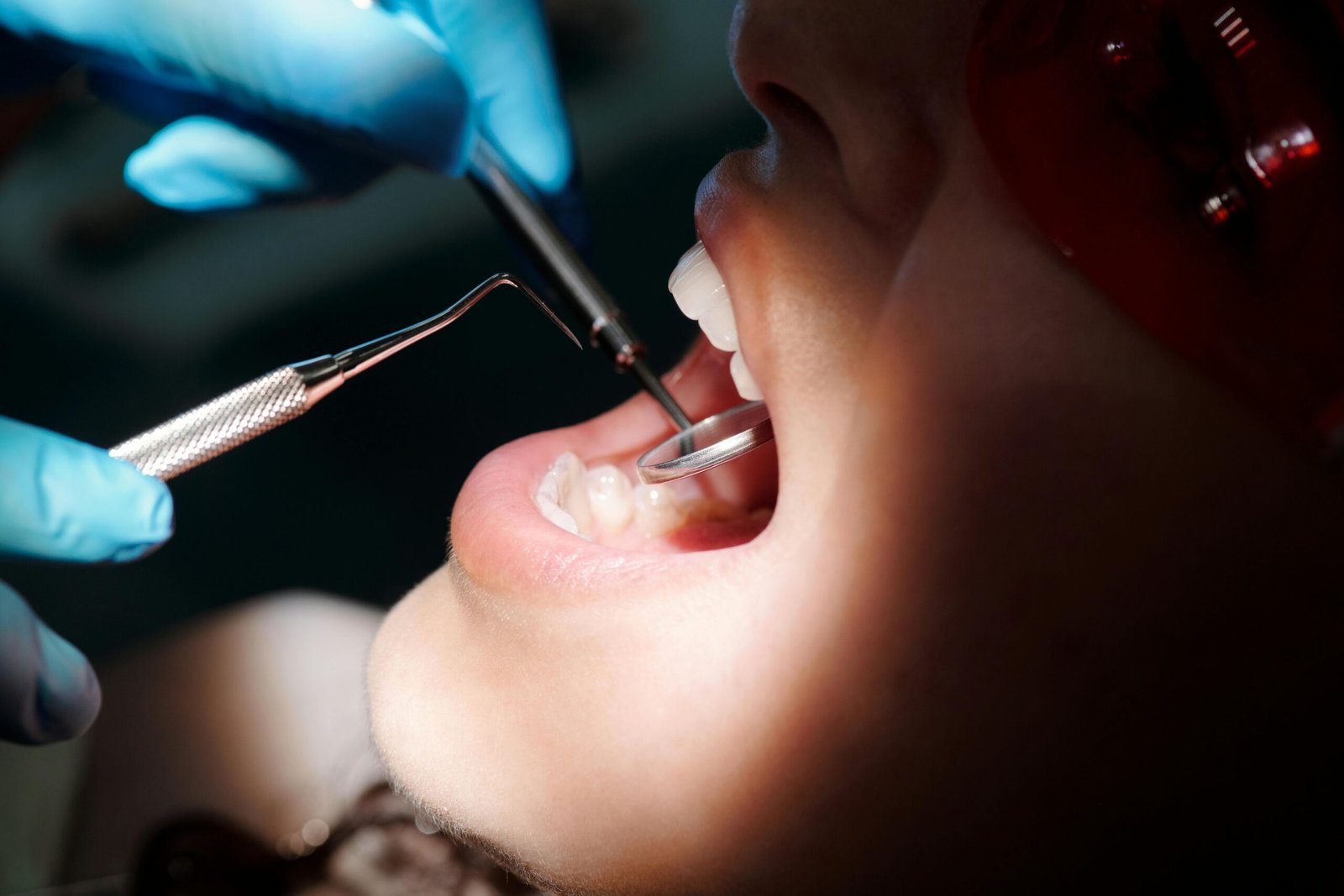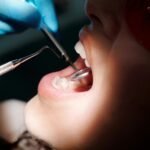Struggling to sleep due to severe tooth pain? Discover relief with these effective solutions. 4 Tips for Extreme Tooth Pain Can’t Sleep.
Are you having sleepless nights due to severe toothache that keeps you awake? You are not the only one. The pain one gets from the teeth can be so unbearable that one cannot concentrate on anything else.
Extreme tooth pain may hinder a person from doing anything including sleeping because he/she will need immediate medical attention if the toothache is causing him/her discomfiture and healing is to follow thereafter.
Identify the Source of Your Pain
Take a closer look at your dental hygiene routine. Are you brushing and flossing regularly?
- Check for signs of tooth decay, cracks, or loose fillings.
- Consider visiting your dentist to rule out any underlying conditions.
- Identifying the source of your pain is crucial in finding the right solution. By understanding the cause, you can take targeted steps to alleviate your discomfort.
4 Tips for Extreme Tooth Pain Can’t Sleep
Apply a Cold Compress
Using a cold compress can significantly reduce tooth pain and inflammation, providing temporary relief.
- How to use it: Wrap a few ice cubes in a thin cloth or use a cold gel pack, and apply it to the affected side of your face for 15-20 minutes. This helps to numb the area and reduce swelling, making the pain more manageable.
- Benefits: Cold therapy constricts blood vessels, slowing the flow of pain signals to your brain. It also reduces inflammation and swelling, which can alleviate the throbbing sensation associated with tooth pain.
Rinse with Salt Water
A saltwater rinse is a simple yet effective remedy for tooth pain that can help cleanse the affected area and reduce discomfort.
- How to use it: Mix half a teaspoon of salt into a glass of warm water, stir until dissolved, and rinse your mouth thoroughly for about 30 seconds before spitting it out. Repeat this process a few times daily, especially before bedtime.
- Benefits: Saltwater has natural antibacterial properties that can help reduce inflammation, cleanse the mouth, and promote healing of any oral wounds or infections contributing to the pain.
Take Over-the-Counter Pain Relievers
Over-the-counter (OTC) pain relievers can provide quick and effective relief from tooth pain, allowing you to get some much-needed rest.
- How to use it: Common OTC pain relievers like ibuprofen, acetaminophen, or aspirin can be taken according to the dosage instructions on the packaging. Always follow the recommended dosage and consult with a healthcare professional if you have any medical conditions or are taking other medications.
- Benefits: These medications work by reducing inflammation and blocking pain signals, offering temporary relief from severe tooth pain. They can help you manage the discomfort until you can see a dentist for a permanent solution.
Elevate Your Head While Sleeping
Elevating your head while you sleep can help reduce tooth pain by preventing blood from pooling in the head, which can increase pressure and pain.
- How to use it: Use an extra pillow or a wedge pillow to elevate your head and upper body slightly while you sleep. This position helps to alleviate pressure and reduce the throbbing sensation caused by tooth pain.
- Benefits: Elevation reduces blood flow to the affected area, which can decrease inflammation and pain, making it easier for you to fall asleep and stay asleep despite your toothache.
Practice Good Oral Hygiene
- Brush your teeth at least twice a day with fluoride toothpaste.
- Floss once a day to remove food particles and plaque.
- Rinse with an antibacterial mouthwash to reduce bacteria.
Good oral hygiene is crucial in preventing tooth pain. By maintaining a consistent routine, you can reduce the risk of tooth decay and gum disease.
Additional Remedies for Tooth Pain Relief
Here are some additional remedies that may help alleviate tooth pain:
Clove oil: Apply a few drops of clove oil to a cotton ball and place it on the affected tooth. Clove oil has natural analgesic and anti-inflammatory properties that may help reduce pain and swelling.
Saltwater rinse: Rinse your mouth with warm saltwater several times a day to reduce swelling and ease pain.
Hydrogen peroxide: Swish hydrogen peroxide around your mouth to help kill bacteria and reduce pain.
Tea bags: Apply a cooled tea bag to the affected tooth to reduce swelling and ease pain.
When to Seek Emergency Dental Care
While the tips and remedies mentioned above can provide temporary relief, it’s essential to seek emergency dental care if you experience:
- Severe tooth pain that doesn’t respond to pain relievers
- Swelling or pus around the affected tooth
- A broken or loose tooth
- A lost filling or crown
- Difficulty breathing or swallowing
Preventing Tooth Pain
Prevention is the best way to avoid tooth pain. Here are some tips to help you maintain good oral health:
Brush and floss regularly: Brush your teeth at least twice a day and floss once a day to remove plaque and bacteria.
Visit your dentist regularly: Schedule regular dental check-ups to catch any potential problems early.
Avoid sugary and acidic foods: Limit your consumption of sugary and acidic foods and drinks, which can contribute to tooth decay and erosion.
Wear a mouthguard: If you participate in sports or activities that may damage your teeth, wear a mouthguard to protect them.
FAQs
Q1: Can I use these tips for children experiencing tooth pain?
A1: Yes, but always consult with a pediatric dentist before giving any medication or applying remedies to ensure they are safe for children.
Q2: How long should I use these remedies before seeing a dentist?
A2: These tips are for temporary relief. See a dentist as soon as possible, especially if the pain persists for more than a day or two.
Q3: Are there any side effects to using over-the-counter pain relievers?
A3: Over-the-counter pain relievers can have side effects, especially if used improperly. Always follow the dosage instructions and consult with a healthcare professional if you have concerns.
Q4: Can a cold compress make tooth pain worse?
A4: While cold compresses generally help, they might not be suitable for everyone. If the cold increases your pain, discontinue use and try a different method.
FINAL THOUGHTS:
The body may suffer severely from dental, but it is possible to be relieved of it in various ways.
Many people have dedicated time and resources to doing so through various means like following these tips mentioned earlier or other means that could help one deal with tooth pains and lead them back to their normal sleeping patterns.
One thing to keep in mind is that proper oral health should come first by maintaining good hygiene practices; visiting your dentist frequently; as well as evading sugary and acidic foods at all costs. In case of extreme tooth pain or any other form of dental emergency, there is no need for you to think twice before calling upon an urgent dentist.











